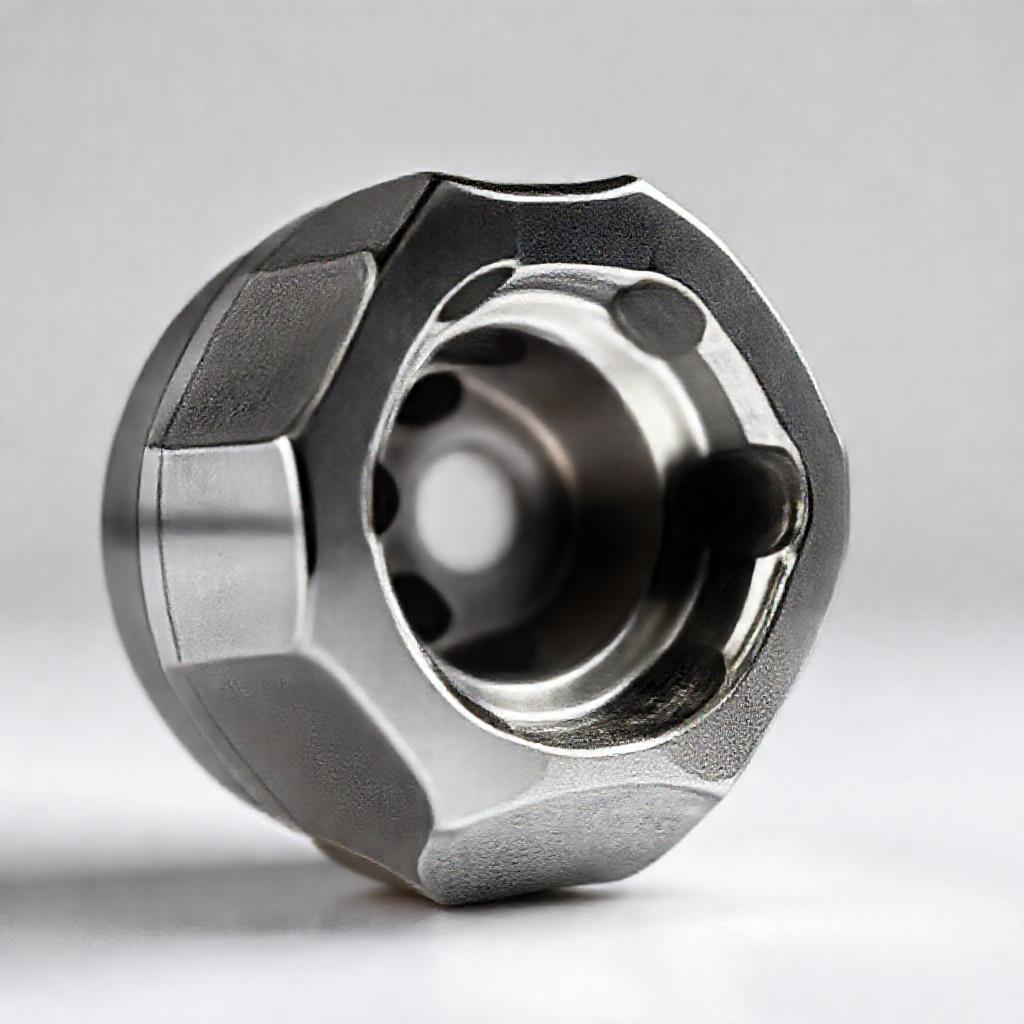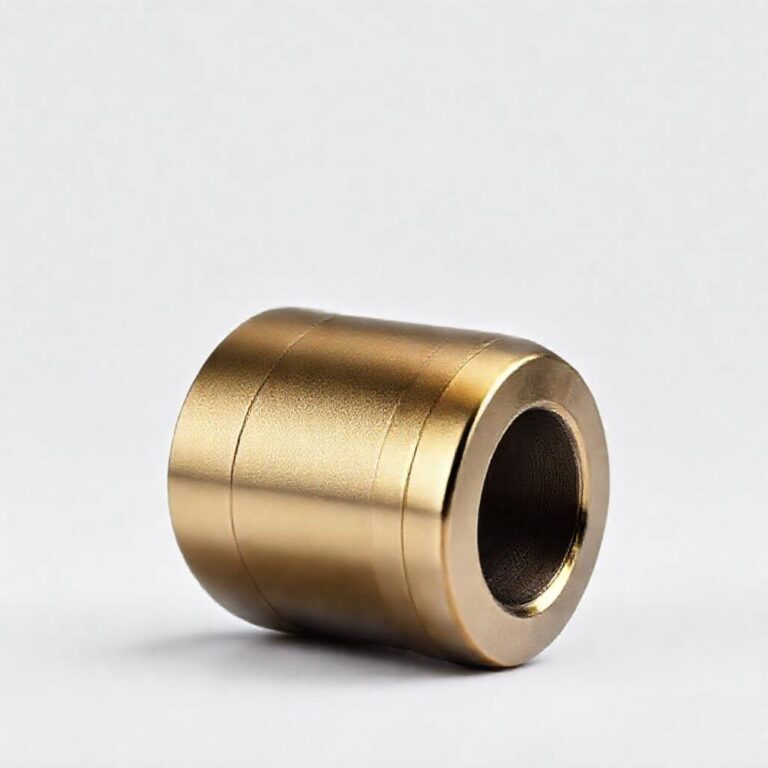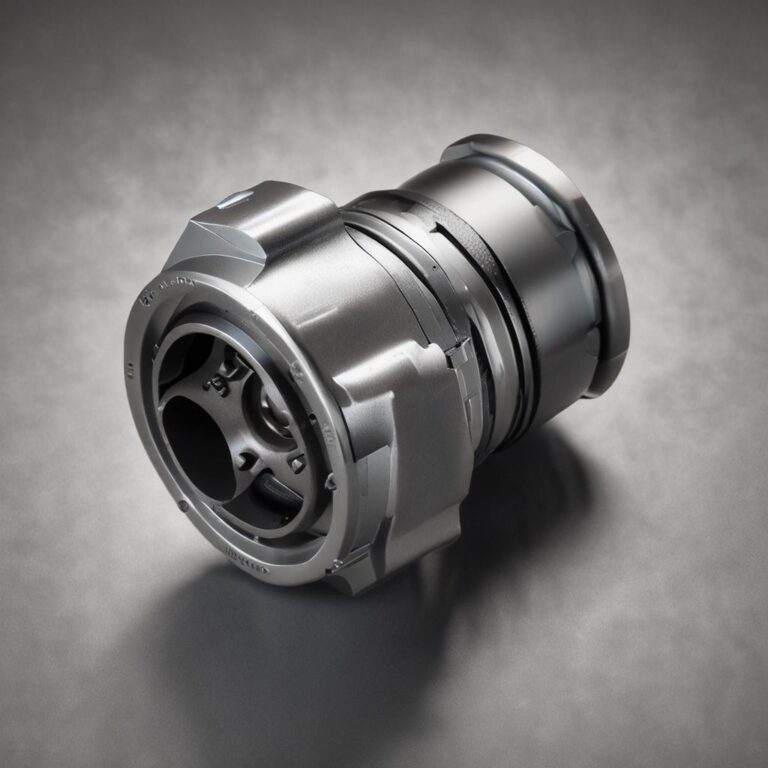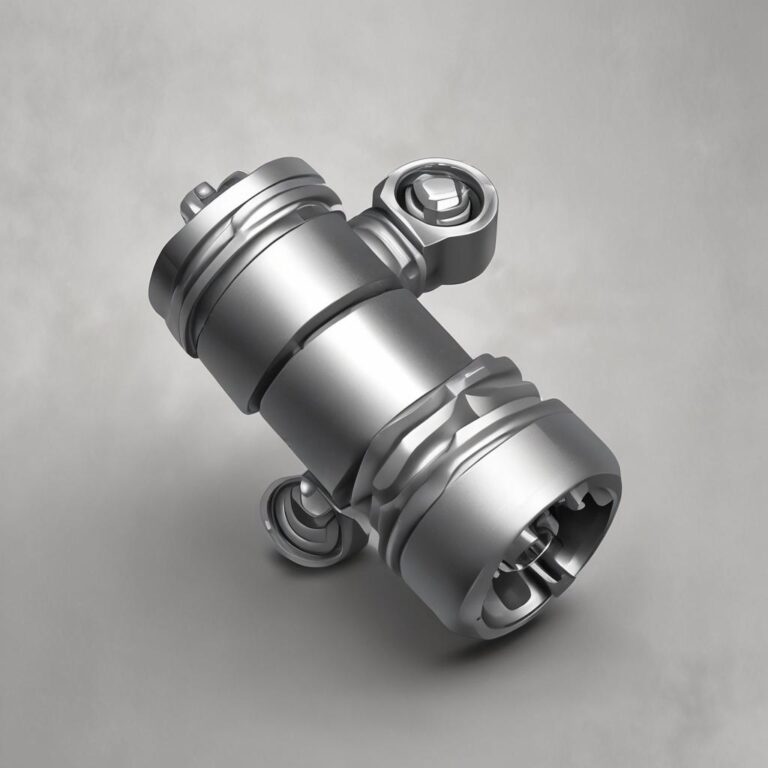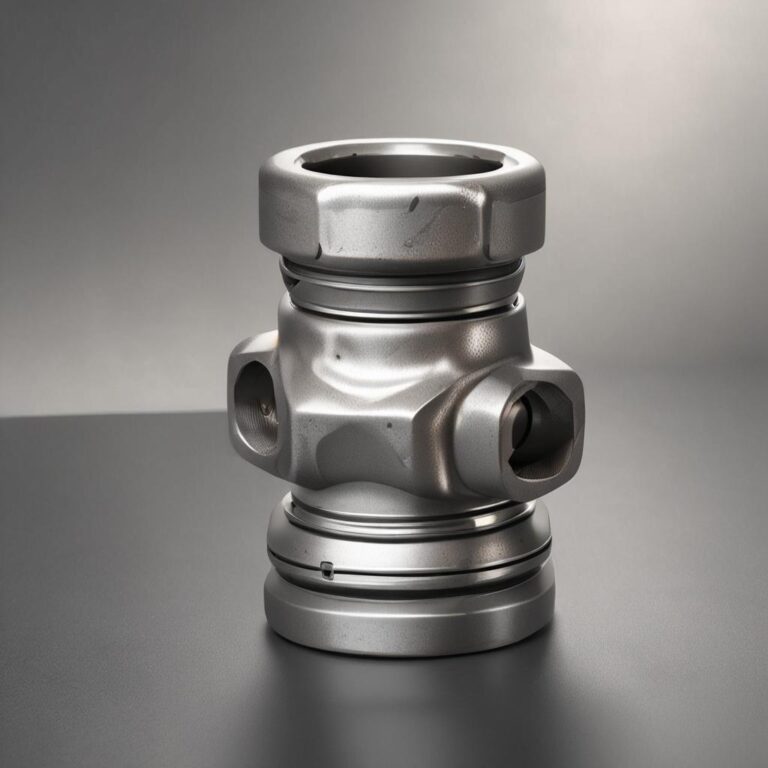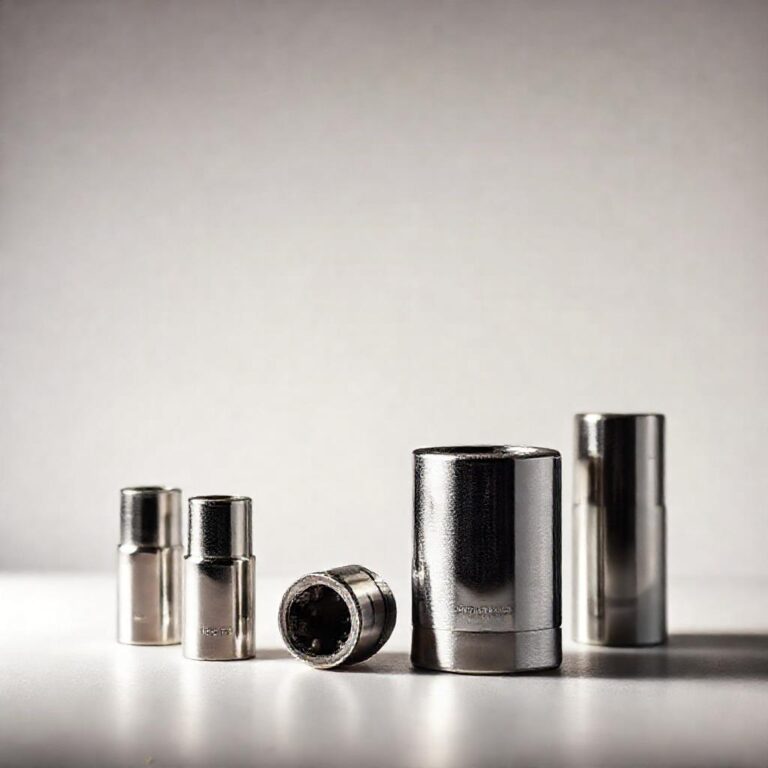Ford F250 Lug Nut Socket Size
The Ford F250 is a powerhouse on the road, known for its durability and performance in both work and play. Whether you’re hauling heavy loads or cruising the highway, maintaining your truck is essential—and that includes knowing the correct lug nut socket size for tire changes and wheel maintenance. Using the wrong socket size can lead to damaged lug nuts, stripped threads, or even unsafe driving conditions. This guide will walk you through everything you need to know about Ford F250 lug nut socket sizes, ensuring you’re equipped with the right tools and knowledge for seamless maintenance.
Step-by-Step Process
Identify Lug Nut Type
Check if lug nuts are standard, conical, or extended.
Measure Lug Nut Size
Use a socket set to find the correct diameter.
Check Socket Depth
Ensure the socket fits the lug nut's length.
Verify Socket Fit
Test the socket for a snug, secure fit.
Confirm Torque Specs
Use a torque wrench to tighten lug nuts properly.
Process infographic for Ford F250 Lug Nut Socket Size
Why Socket Size Matters for Ford F250 Lug Nuts
Importance of Precision
Using the correct socket size is critical for maintaining the integrity of your lug nuts and wheels. A mismatched socket can strip the lug nut’s hexagonal head, making it difficult to remove or tighten properly. Additionally, precise torque application ensures even pressure distribution, preventing wheel misalignment or damage. A well-fitted socket is the first step to safe and efficient wheel maintenance.
Common Issues with Incorrect Sizes
Incorrect socket sizes can lead to several problems. Stripped threads are a common issue, often requiring costly repairs or replacements. Improperly tightened lug nuts can cause wheels to loosen while driving, posing a significant safety risk. By using the right socket size, you can avoid these hazards and ensure your Ford F250 stays in top condition.
Standard Ford F250 Lug Nut Socket Size
Imperial vs. Metric Sizes
The standard socket size for Ford F250 lug nuts is 1.0 inch or 28 mm. This size is consistent across most models, though it’s essential to verify it for your specific truck. While many vehicles use metric sizes, the Ford F250 typically adheres to imperial measurements, so a 1.0-inch socket is the go-to choice.
Model Year Variations
While the 1.0-inch size is standard, there may be slight variations depending on the model year. For example, older models (1997–2003) might have different specifications compared to newer ones (2010–2023). Always check your owner’s manual or consult a dealership if you’re unsure about your truck’s requirements.
Variations by Trim Level and Wheel Type
Truck Trim Levels
Trim levels like XL, XLT, Lariat, and Platinum typically use the same lug nut size. However, higher trims with optional wheels or heavy-duty packages may require specific sockets. Always double-check the specifications for your trim to avoid any surprises.
Aftermarket Wheels and Accessories
If you’ve upgraded to custom wheels or added aftermarket accessories, the lug nut size might differ from the standard. Custom wheels often come with unique lug nuts, so it’s essential to measure them or consult the manufacturer’s guidelines.
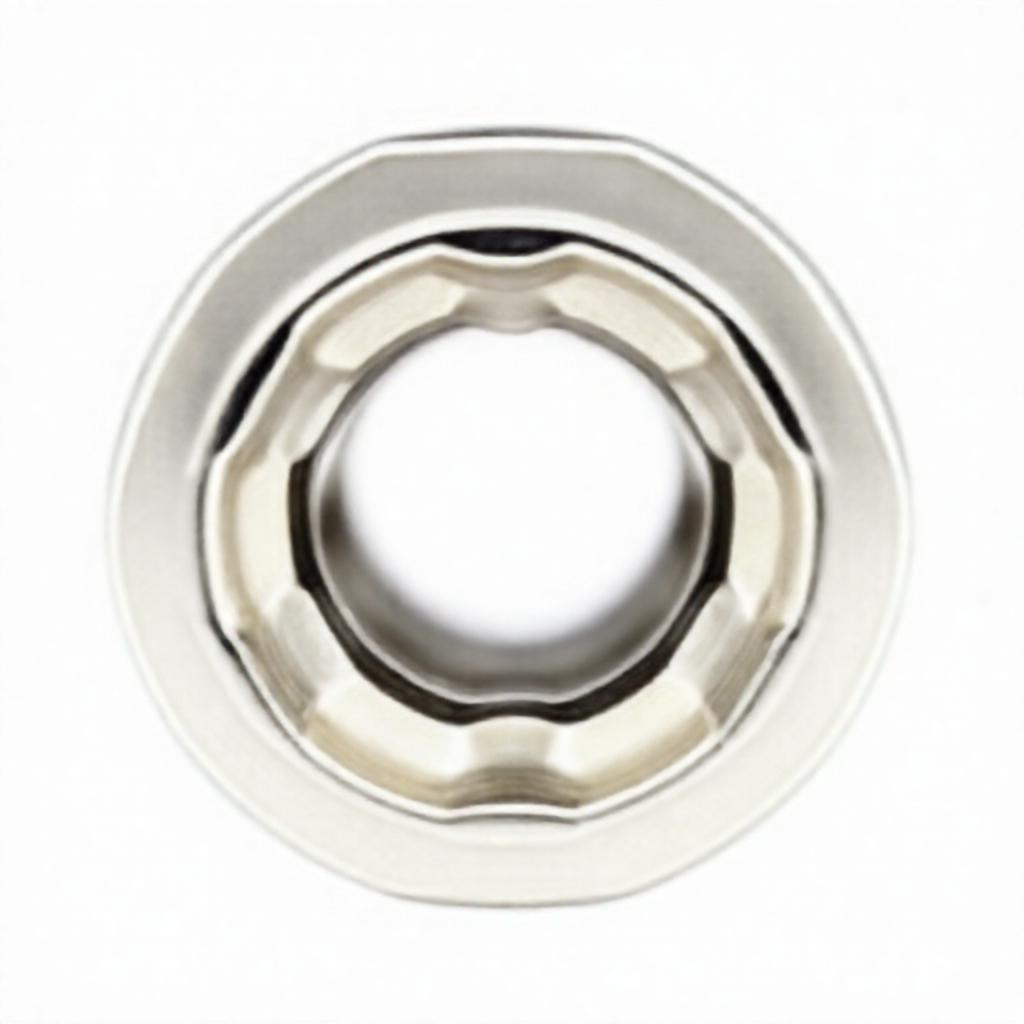
Wheel Lock Variants
Some Ford F250 models come with wheel lock lug nuts for added security. These often require a specialized key or socket. If you’ve misplaced the key, contact your dealership or the wheel lock manufacturer for a replacement.
How to Measure Your Ford F250 Lug Nut Socket Size
Tools Needed for Measurement
To measure your lug nut size, you’ll need a caliper, ruler, or a socket set. A caliper is the most accurate tool, but a ruler can work in a pinch. Having a socket set on hand allows you to test-fit the socket for a precise match.
Step-by-Step Measurement Guide
Start by measuring the width of the lug nut’s hexagonal head. Place the caliper or ruler across the flat sides to determine the size. If you’re using a socket set, test different sizes until you find the one that fits snugly. For unregistered trucks, consult the owner’s manual or measure the lug nuts directly.
Cross-Referencing with Owner’s Manual
Your Ford F250’s owner’s manual is the most reliable source for lug nut specifications. It provides detailed information about the correct socket size, torque settings, and any model-specific requirements. Keep it handy for quick reference during maintenance tasks.
Recommended Tools and Accessories
Best Sockets for Ford F250 Lug Nuts
Invest in a high-quality 1.0-inch deep socket or a 28 mm alternative. Deep sockets are ideal for reaching lug nuts on larger wheels, ensuring a secure fit and easy removal. Look for durable materials like chrome vanadium steel for long-lasting performance.
Torque Wrench and Installation Tips
A torque wrench is essential for proper lug nut installation. The recommended torque for Ford F250 lug nuts is typically around 150–165 lb-ft, but check your manual for exact specifications. Always tighten lug nuts in a star pattern to ensure even pressure distribution.
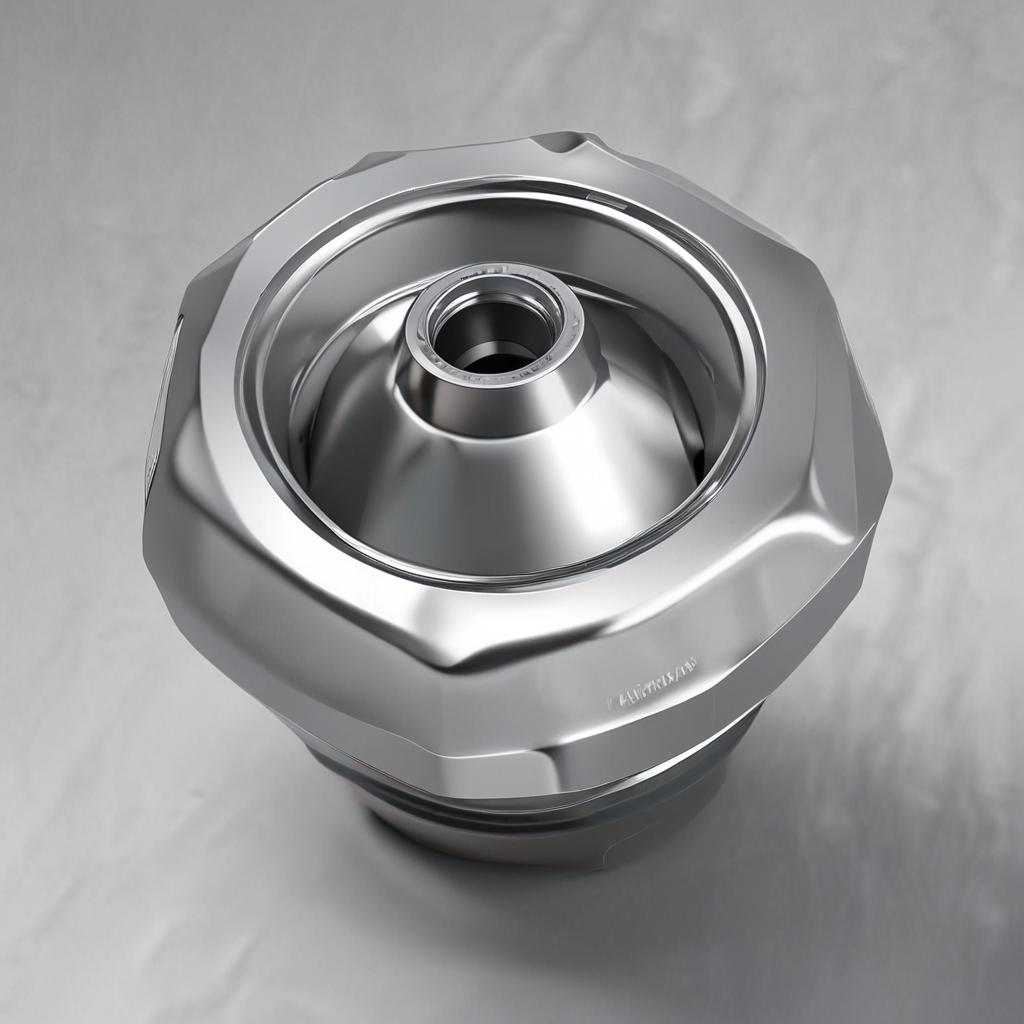
Storage and Maintenance
Keep your sockets and tools organized in a portable kit for emergencies. Regularly inspect your lug nuts and sockets for wear and tear, and replace them as needed to maintain optimal performance.
Frequently Asked Questions (FAQ)
What is the standard socket size for Ford F250 lug nuts?
The standard size is 1.0 inch or 28 mm, though some models may have variations.
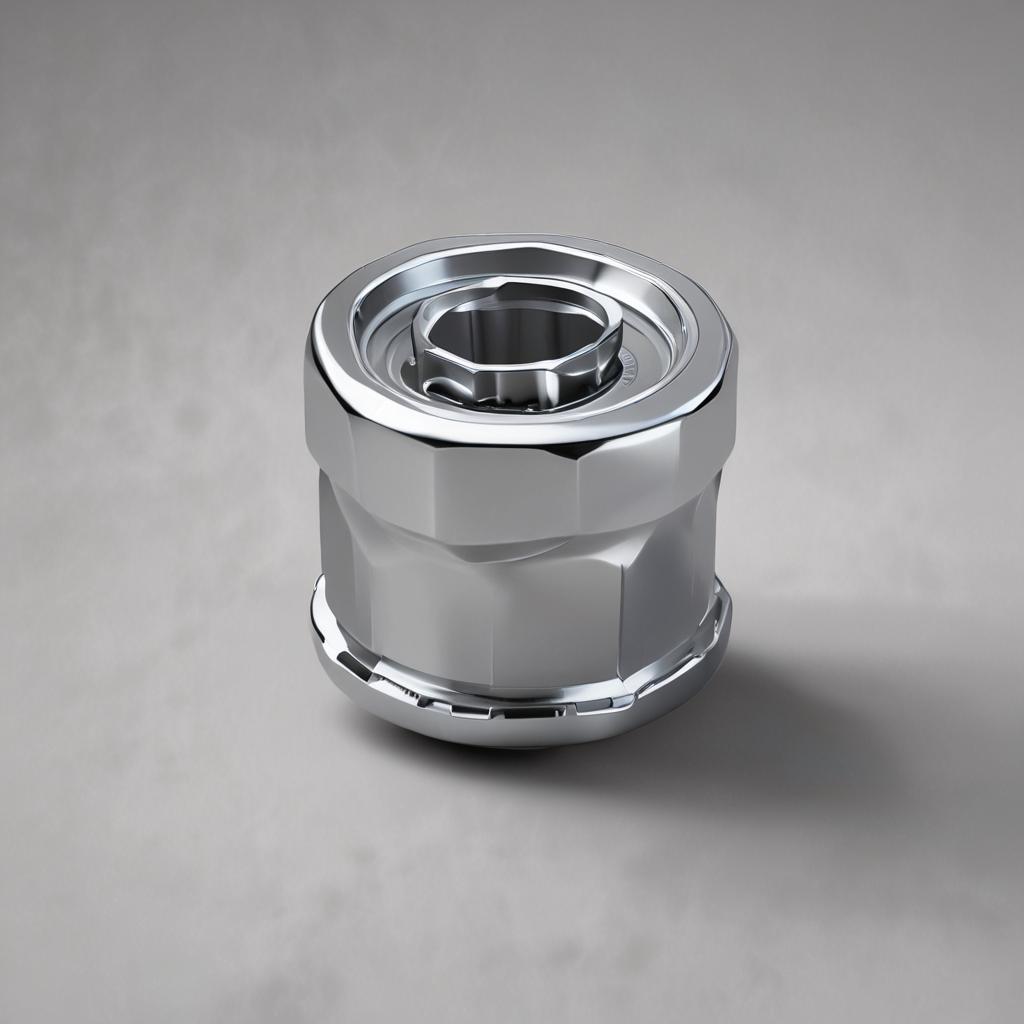
Can I use a different socket size in an emergency?
Using an incorrect size is not recommended, as it can damage the lug nuts or wheels. If necessary, use an adapter or seek professional assistance.
Where can I find my Ford F250’s lug nut specifications?
Refer to your owner’s manual, manufacturer websites, or contact a dealership for accurate information.
Do all Ford F250 models use the same lug nut size?
Most models use the same size, but there may be variations based on the year, trim, or wheel type.
How do I measure my lug nuts properly without specialized tools?
Use a ruler to measure the width of the hexagonal head or compare it with known socket sizes for a close estimate.
Conclusion
Knowing the correct lug nut socket size for your Ford F250 is crucial for safe and efficient wheel maintenance. Whether you’re using the standard 1.0-inch socket or dealing with custom wheels, precision is key. Always verify the size for your specific model and invest in high-quality tools to keep your truck running smoothly. Have questions or tips to share? Leave a comment below and join the conversation!

